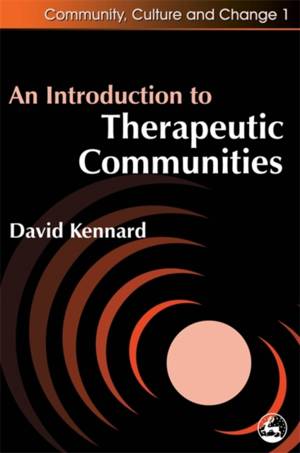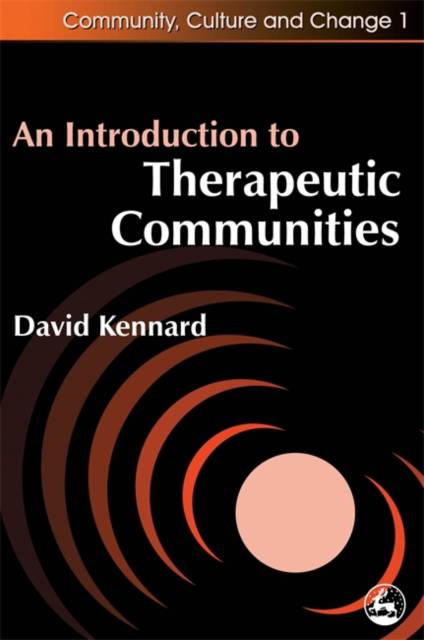
- Afhalen na 1 uur in een winkel met voorraad
- Gratis thuislevering in België vanaf € 30
- Ruim aanbod met 7 miljoen producten
- Afhalen na 1 uur in een winkel met voorraad
- Gratis thuislevering in België vanaf € 30
- Ruim aanbod met 7 miljoen producten
Omschrijving
Therapeutic communities provide, in addition to safe accommodation and twenty-four hour care, a highly structured environment with set rules and timetables. Within this environment they establish a set of relationships and meetings that provides a safe emotional container for distress. Members play an active role in all decisions affecting them, which can include voting on the admission and discharge of other residents, allocating daily domestic tasks to all members of the community, and holding members accountable for the breaking of rules. The range of institutions included in the term 'therapeutic communities' means that each community is unique and adapted to the particular needs of its residents.
This comprehensive introduction to the nature and work of such communities sets them within their historical and social context, looking in detail at the influence of leaders in the field, such as Maxwell Jones, to create a backdrop against which current practice can be viewed. The author examines communities specifically aimed at certain sectors of society, including drug abusers, offenders, those with a diagnosed mental illness and people with a severe personality disorder. The second part of the book describes the day-to-day running of a therapeutic community and the responsibilities, rewards and anxieties experienced by members of staff.Specificaties
Betrokkenen
- Auteur(s):
- Uitgeverij:
Inhoud
- Aantal bladzijden:
- 192
- Taal:
- Engels
- Reeks:
Eigenschappen
- Productcode (EAN):
- 9781853026034
- Verschijningsdatum:
- 1/07/1998
- Uitvoering:
- Paperback
- Formaat:
- Trade paperback (VS)
- Afmetingen:
- 160 mm x 234 mm
- Gewicht:
- 303 g

Alleen bij Standaard Boekhandel
Beoordelingen
We publiceren alleen reviews die voldoen aan de voorwaarden voor reviews. Bekijk onze voorwaarden voor reviews.











